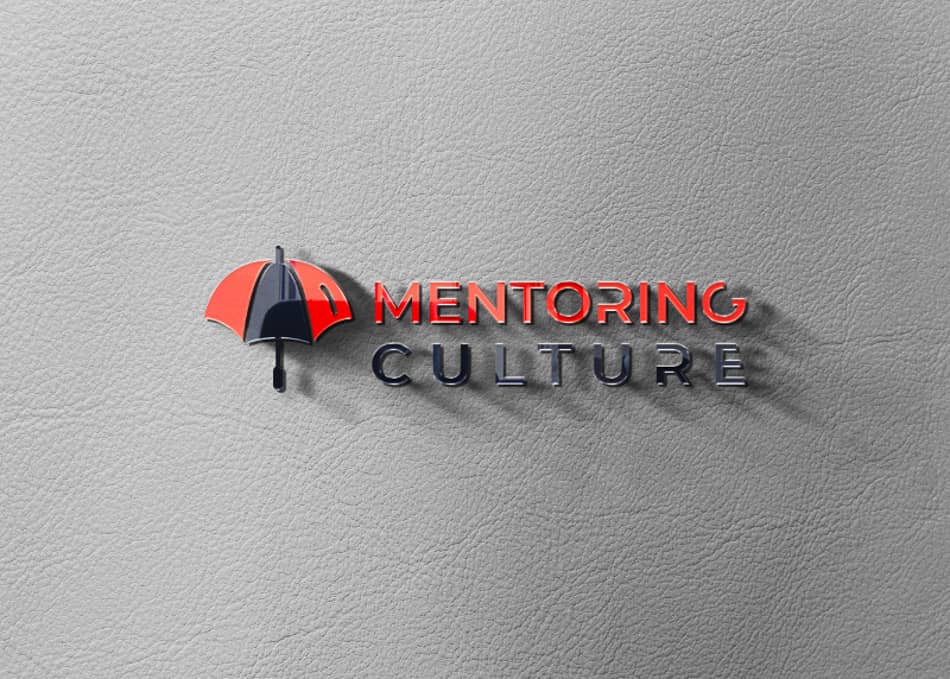How did I ruin my first mentee?!

How did I ruin my first mentee?!
Unsuccessful mentoring
The authorship of this phrase does not belong to me. One evening at a cozy mentoring club, a member of that club, who is an experienced mentor, promised to write an article. Having exactly this title. Only one word was different. The original name was supposed to be “How did I ruin my first newcomer?“. Because in that organization, as in many others, only newcomers were mentored. For a variety of reasons, that article remained unwritten. That’s a pity. Although I am still waiting for that article.
To be fair, it was worth mentioning that that article had to be humorous. Thought – fun tips on what better not to do when you become a mentor!
Well, can I ruin my mentee? Well, maybe not ruin him, but make his life more complicated you really can.
Unsuccessful mentoring.
Mentoring relationships can also be harmful. For a mentor, mentee, or both. And then there is no benefit to the organization from mentoring.
This is confirmed by both the researchers and my own experience. As a manager, I had to deal with a difficult relationship between a new employee and a mentor.
When assigning a mentor, certain criteria are always followed. The aim is for them to fit each other as much as possible, not only as professionals, but also as personalities. Well, as far as possible.
However, in my practice (as a program manager who formed a mentoring pair according to certain criteria), it has happened that the mentee avoided contact with his mentor whenever he could. Not because the mentor was unprofessional or unwilling to help. No. Just the personalities were extremely different. Attitudes were extremely different. And as a result, in this kind of situation, we no longer think about the benefits that mentoring can bring us.
How to behave in such a situation?
As in all other difficult situations. We need to talk first.
If this does not resolve the situation, then it is recommended that such a relationship be terminated. There is nothing wrong with that.
This is not to say that either of the two is unprofessional or has done something wrong. They just didn’t fit each other.
After all, in life it happens that we meet people who are both great and benevolent and lovely, well, but for some reason we don’t go out to communicate with them and that’s all. Sometimes you meet an amazing expert in your field, but the way he communicates is not right for you. The same thing happens in mentoring.
Each case is individual.
In the case I mentioned earlier, mentoring, although difficult because of the relationship, continued at the request of the mentee. He did not want his mentoring to be stopped because he thought it would be more difficult for him later to communicate with his mentor who is his colleague as well. Mentee refused to speak openly with the mentor for the same reason. He just wanted to stay in it all as much as agreed and that’s all.
However, that doesn’t mean I didn’t talk to the mentor myself. We talked more than once about how he sees the situation. We discussed the reasons why he could behave differently. What he should learn when planning another mentoring himself?
Well, I was lucky because the mentor was the one who was able to accept criticism, acknowledge certain traits of his personality, and had enough of a desire to change something in it.
Feedback to the mentor is always important. It requires only to consider how and when to present.
What if I, mentee, chose a mentor myself?
In the case I described, I was this third person in the mentoring process who appointed a mentor and who monitored the process. Because it all happened in the organization.
But what should I do if I chose a mentor myself?
I asked him to mentor me and after a few meetings I realized that something was completely wrong.
Or vice versa? I agreed to be a mentor, but now I regret it.
Or mentee’s and my expectations are completely different from what they seemed at first.
Or maybe I’m annoyed by the mentee’s behavior?
What do I do?
You will have to talk.
The talking won’t be easy. The situation is uncomfortable. But it’s necessary to do.
To make it easier, it is recommended to prepare well for it. As with any difficult conversation.
Did you find yourself in a situation where you had to stop mentoring or sit down and talk with your mentee or mentor? What is your experience in that?
Send your thoughts in these two ways.






